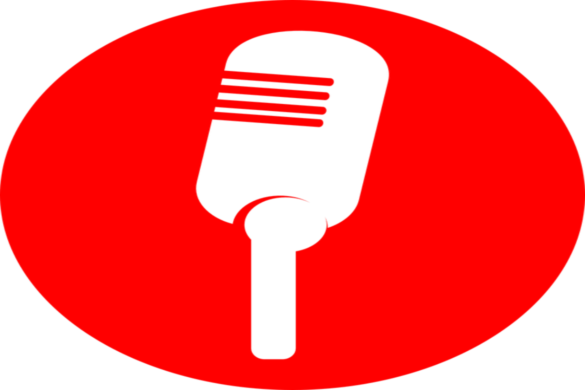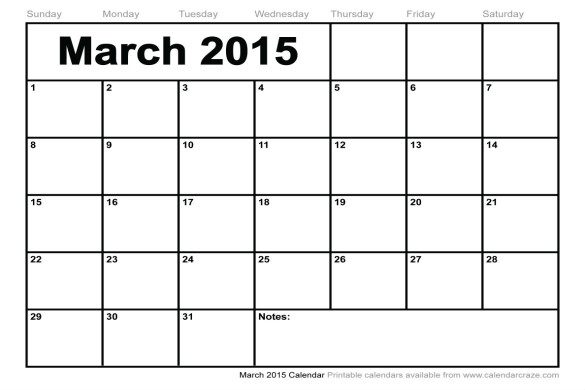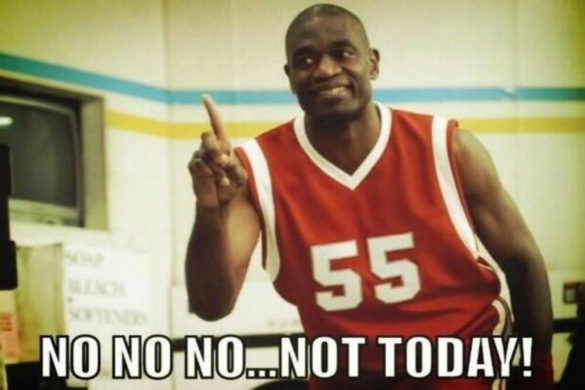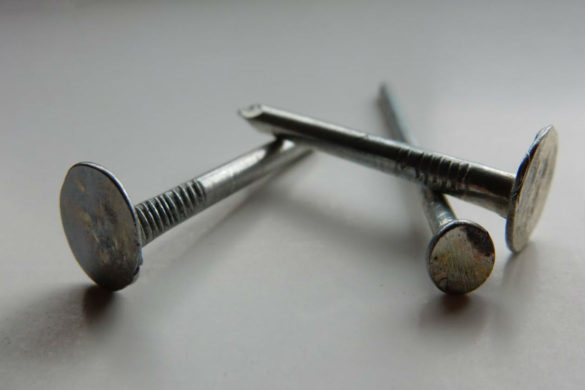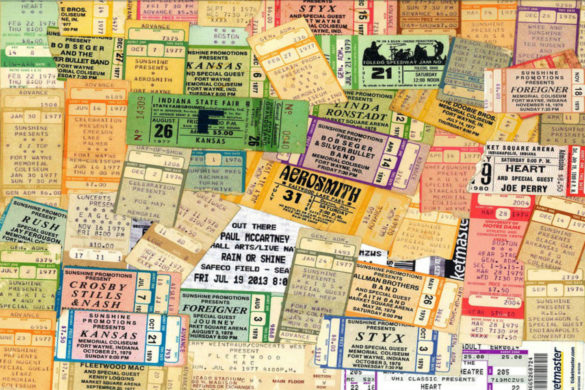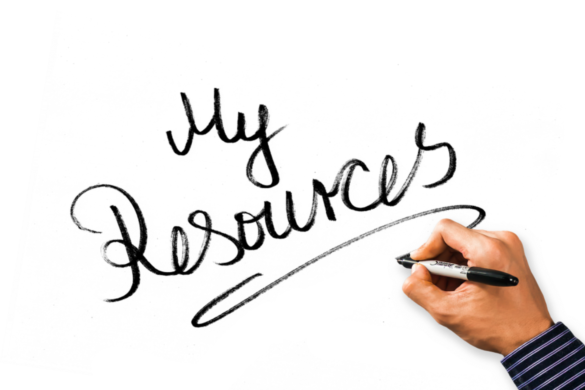We’ve all read that in sportscasting, and life in general really, it’s not what you know but who you know. However, unless you attended a broadcast powerhouse school or have the last name Buck, it’s hard to build helpful relationships with people in the business organically. Nonetheless, to be successful it’s something you need to do. I’m a long way from an expert, but here are a few lessons I’ve learned over the years:
Go Where The People Are: It’s certainly possible now in the age of email and social media to build meaningful relationships without ever meeting face-to-face, but it’s still not ideal. There is nothing better than sharing a meal or a drink and talking shop with someone else in the business.
The best way I’ve found to do this is to attend seminars. I’ve attended the National Sports Media Awards Weekend three of the last four years. It’s a great opportunity to mix and mingle with sportscasters of all levels from across the country.
If you can’t attend a seminar for whatever reason, try to meet people before or after games. I’ve met up with multiple broadcasters traveling to Vermillion to broadcast University of South Dakota games. Simply find out when broadcasters you respect are passing through the nearest town with a major university and reach out via email. Sometimes they say yes, sometimes they say no, and sometimes they ignore you completely, but no guts no glory.
Make Friends: This was the biggest mistake I made the first time I attended a seminar. I immediately tried to full-court press the network/professional team broadcasters at the seminar. I talked all about myself and my big dreams. I asked for advice on how to get better and if they were willing to listen to my work. They were almost all polite in person, but long term, I heard back from very few of them.
Almost all of these people are willing to help you down the line if you build rapport first. But nobody likes the hard sell, especially when most of the big names consider these events a chance to cut loose with peers. By all means, talk to your idols, but talk about them! They have incredible stories to share, and let’s face it, we all have egos, and playing to them is a great way to make a memorable impression. Make sure you get their contact information and ask them to listen to your work when you follow up after the seminar.
In my experience the most valuable relationships I’ve built have come from the other “non-name” broadcasters. The people who are willing to travel half-way across the country for no reason but to network and learn are going to be the future stars in the business. I’ve consistently traded work with a group of 6-10 friends I’ve made at these events. We talk about our work, our frustrations, and encourage each other to keep going. One of these people is Adam Hildebrandt, who at the time was covering high school and NAIA sports in Missouri. He got a couple of breaks, got a NCAA DI gig with Oral Roberts, and when he needed a fill in from my area, I got the call. The best part? Because we have become legitimate friends and he knows I’m not trying to gravy train off of his success, I think he was as happy to give me the opportunity as I was to take it.
Play The Long Game: The above example is a perfect example of playing the long game. You never know who you will be able to help in the future and who will be able to help you. That is why it’s important to stay in touch with all of the contacts you make. I’m not saying that you should call every night during dinner, but send an occasional email. Comment on their social media posts. Congratulate them when they win an award or get a new job. Be genuine and make it your goal to build long-term relationships instead of trying to use them for your own benefit.
Make Cold Calls Warm: If there is someone you want to build a rapport with but have no way to meet in person, cold calls can be effective. However, instead of blindly reaching out, make the cold call warm.
Follow them on social media and like/respond to their posts. When you do send an email, try to personalize it. Listen to their broadcast long enough to find a specific moment that you enjoyed. Mention that you were listening and let them know you enjoyed that specific call. Then ask if they will listen to your work and provide feedback. Don’t complain that you can’t find work or ask for job tips. Treat it like you are trying to make friends, not use them for their position. Nobody likes to feel used, and that applies equally to successful people at the top of the business as it does to everyone else.
Be Nice To Everyone: Building relationships applies far beyond sportscasting, and you never know who might be able to help you down the line. I was tipped off to my first job by a high school classmates mom who I hadn’t heard from in years. More recently, I found out that another high school friend works for the Dallas Cowboys as part of the operations staff, and she got me in touch with their radio voice, Brad Sham, so I could interview him for the podcast. You never know who may be in a position to help down the line, so just be a good person to everyone in your life.
Building a network of relationships in the sportscasting industry is crucial, but it’s not rocket science. Be genuine, do what you can to help others, and eventually someone will be in a position to help you. What are other keys to building relationships and what has worked for you? Please share your ideas in the comment section.


